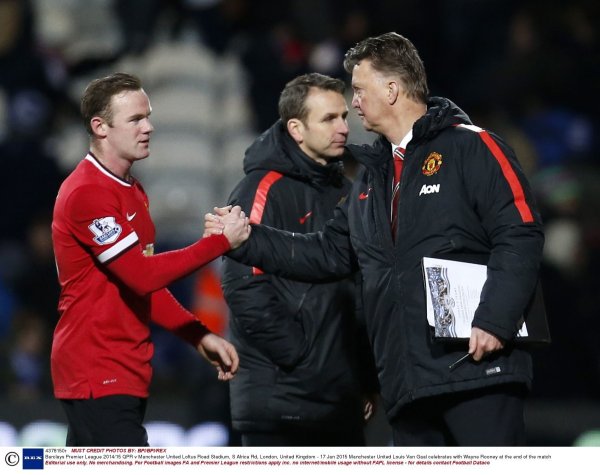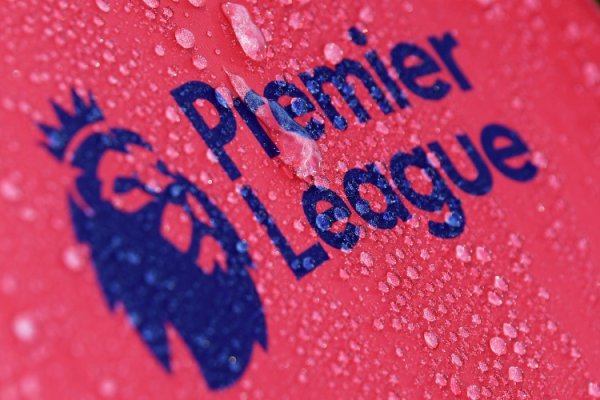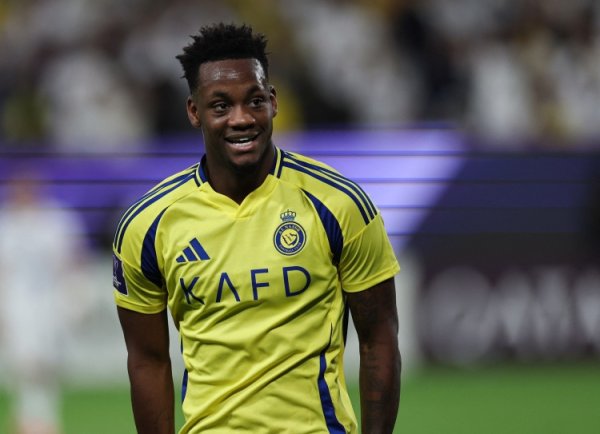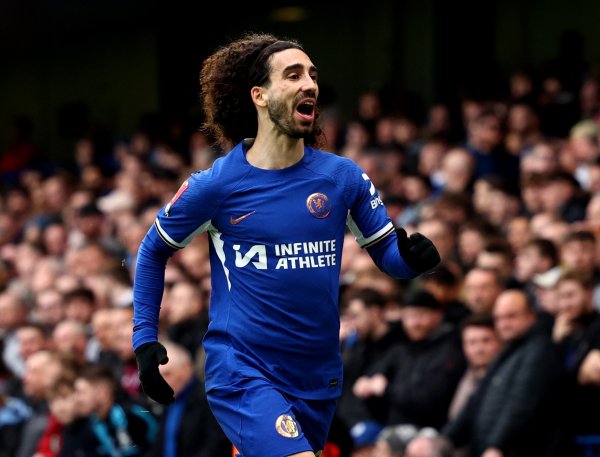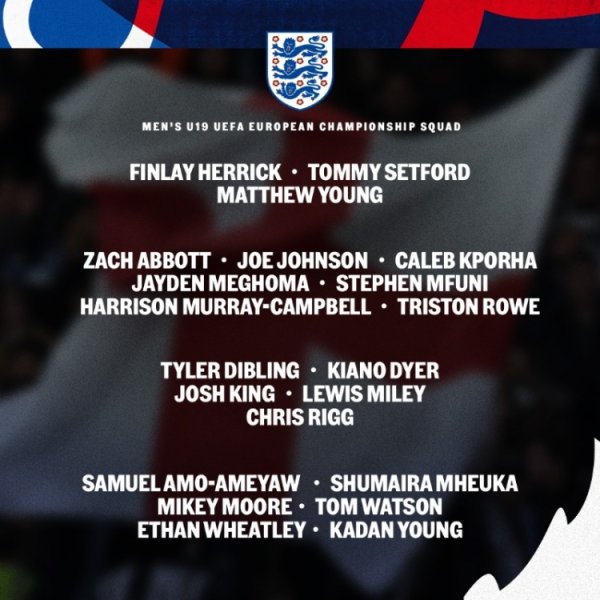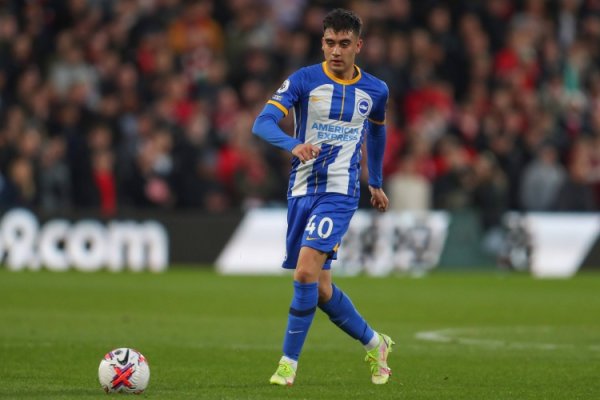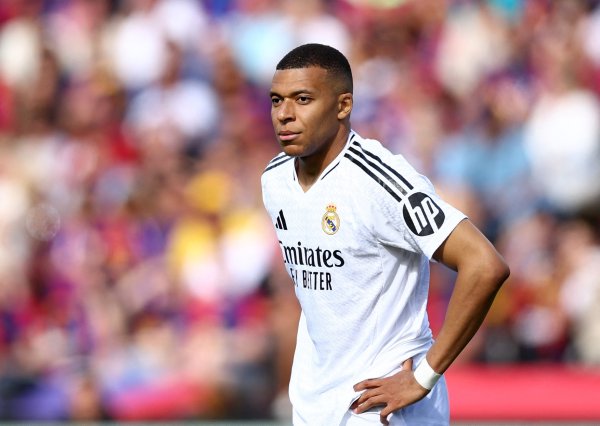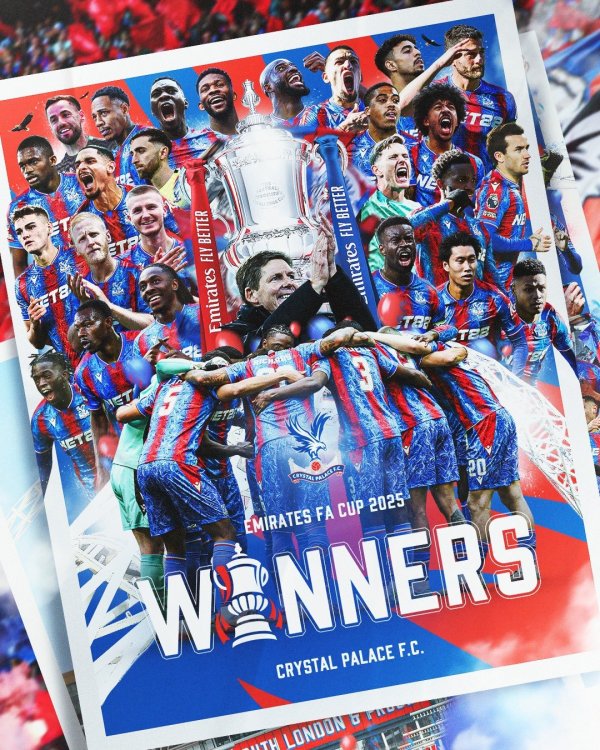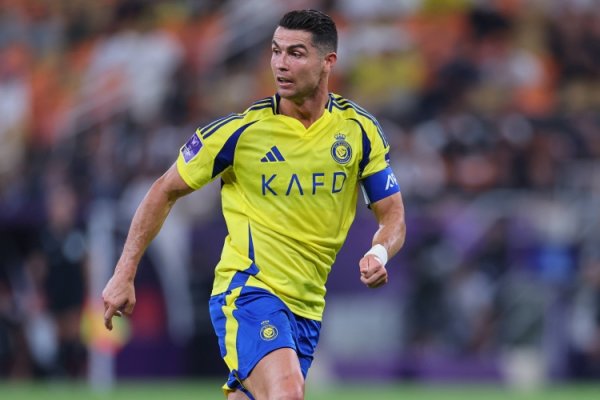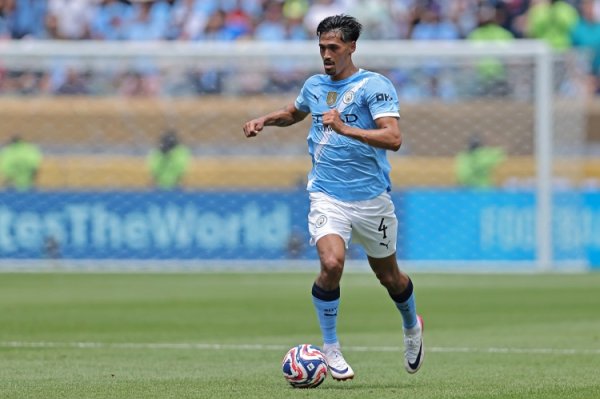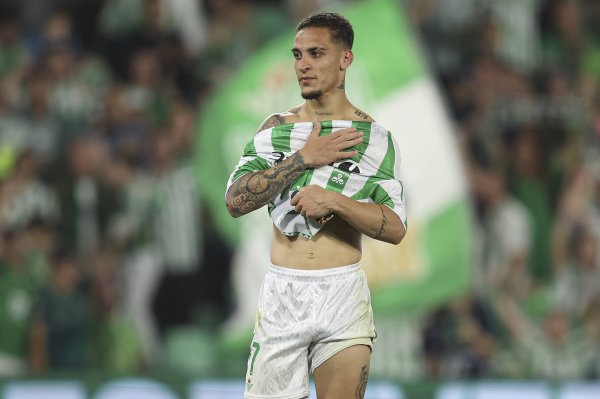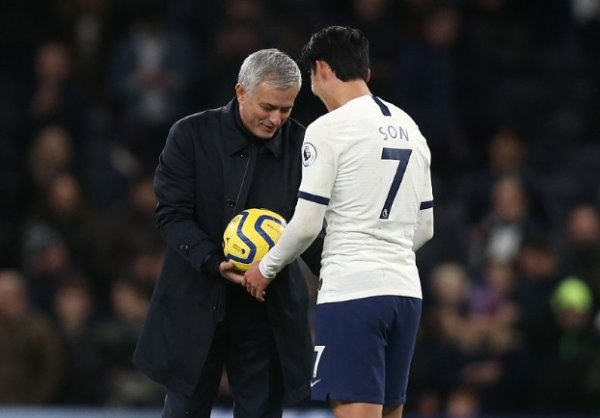Nutrition expert: Milk, rice and pasta are very popular among players. Uncle Zha and Guardiola are both great
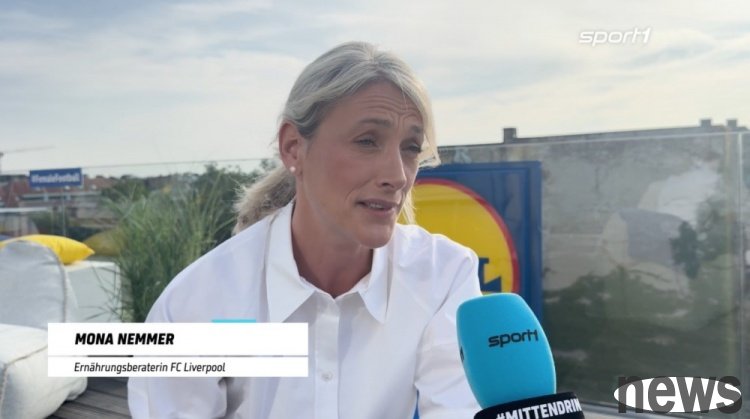
Mona Nemer is a PhD in Sports and Nutrition Science. In 2016, then Liverpool coach Klopp brought him from Bayern to Liverpool, which means she has experience working with Klopp and Guardiola. In an interview with SPORT1, Nemmer talked about his experience of working with the two famous coaches and some other related topics.
The journey of becoming a nutrition consultant
It all started with a trip to Nigeria in 2009, when the German U17 urgently needed someone to take care of the team. I didn't have a specific plan at that time and didn't know what I needed, but I found an opportunity in the dilemma. I quickly realized that if I wanted to continue doing this, I needed to do more upfront work, such as creating a menu plan and coordinating with the hotel. In this way, my career path has come step by step from the national team to Bayern and then to Liverpool.
The work experience at Bayern and Liverpool is basically not very different. They are both world-renowned top elite teams. As nutrition experts, our mission is to restore the players’ form as soon as possible and provide the right food so that they can perform well in the game.
About the players' favorite foods
Milk, rice and pasta are very popular in the football world, and they are the food that every football player loves, and game-day pasta is as essential as pre-game warm-ups. Bavarian regional cuisine is more prominent in Bayern, but overall, milk rice and pasta are always the most popular.
Regarding the differences between Klopp and Guardiola
I think there are many similarities between these two coaches, two world-class coaches, great people, both believe in and value nutrition. They also gave me great trust and support, giving me the opportunity to play a role in this field. Nutrition is an important part of the entire football system. Without teamwork, we cannot perform well on the court or behind the scenes. Our team works closely with exercise scientists, physiotherapists and management to ensure all aspects go smoothly.
Whether the diet of the defender and forward differs
It depends on the intensity of the training, we know that the forwards run 12 to 14 kilometers per game, and there are much fewer goalkeepers. Therefore, we need different nutritional strategies to keep our body in shape and avoid unnecessary weight gain. Personal communication is very helpful in this regard.


